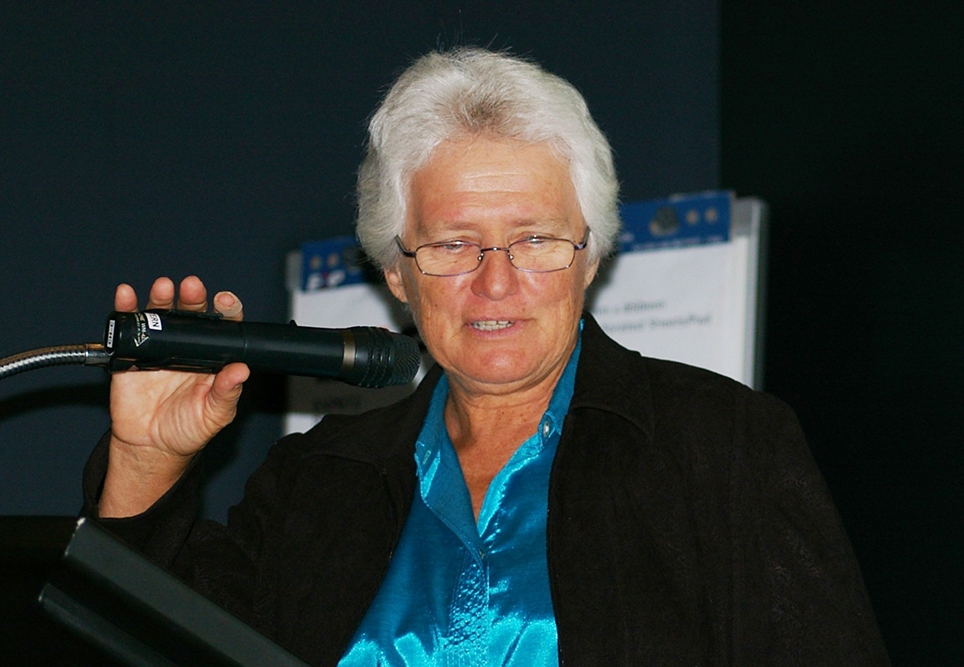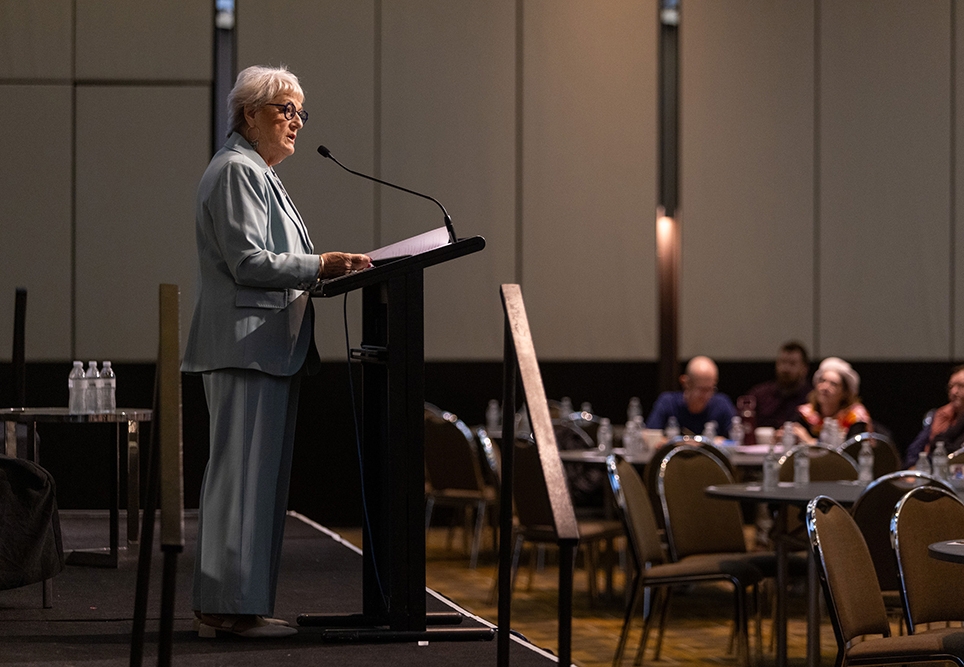The people-centred cultures of Australia’s First Peoples took now-retired remote area nurse and midwife Sally Johnson into the Northern Territory at the start of her nursing career in the 1960s.
Ever since she’s been driven by the imperative of health professionals working alongside Indigenous communities, rather than imposing a top-down approach.
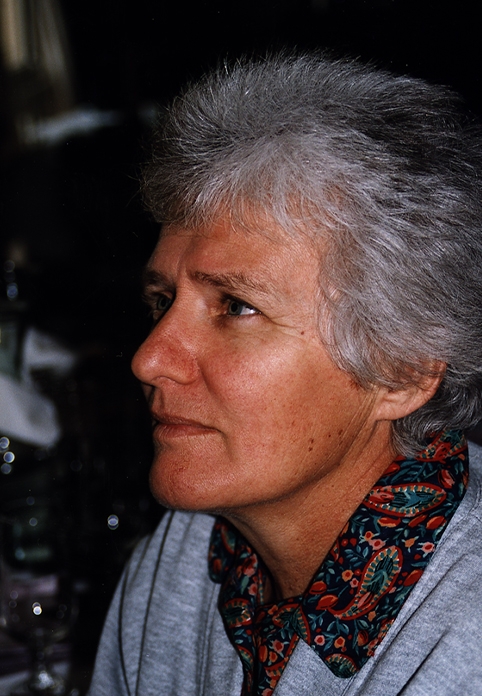
Sally’s three major career moments
Focusing on the successes is why she lasted so long, says Sally, who lists three major events in her career.
Sally was instrumental in the birth of what is now CRANAplus back in the early 1980s when she and two fellow nurses working in remote Northern Queensland decided something had to be done to prepare and support nurses working in remote communities.
“We were fed up. We were learning on the job and felt that was not good enough. Nurses should be prepared for what they are expected to do.”
“The three of us decided to send letters to all the remote clinics we could get addresses for, 150 of them. We planned a meeting in Alice Springs and expected 50 to 60 nurses to attend, and 250 turned up.
The following year another meeting was held and CRANA began (later to become CRANAplus) with lots of ideas, a major one back then to have a postgraduate course for remote area nurses.”
Sally was president of CRANA for two years and for several years was on the Education Committee.
The national recognition of remote area nurses and what they do, particularly in Aboriginal communities, is the second success Sally is very proud of. In 1995, Sally was awarded the Member of the Order of Australia for services to Aboriginal Health and remote area nursing, and hopes this is seen by remote area nurses as a genuine recognition of the work they all do.
The third major event was helping to establish a rheumatic fever program in Yarrabah in Northern Queensland after an Elder approached her for help. At that time, at least four children a year developed the disease in that community, with many of them developing rheumatic heart disease.
“You must be able to do something about it, he said to me, but I didn’t know much,” says Sally.
“I contacted a doctor I trusted, who found in his readings that the Papago First Nations people in Arizona had the same problem and had instigated a successful program.
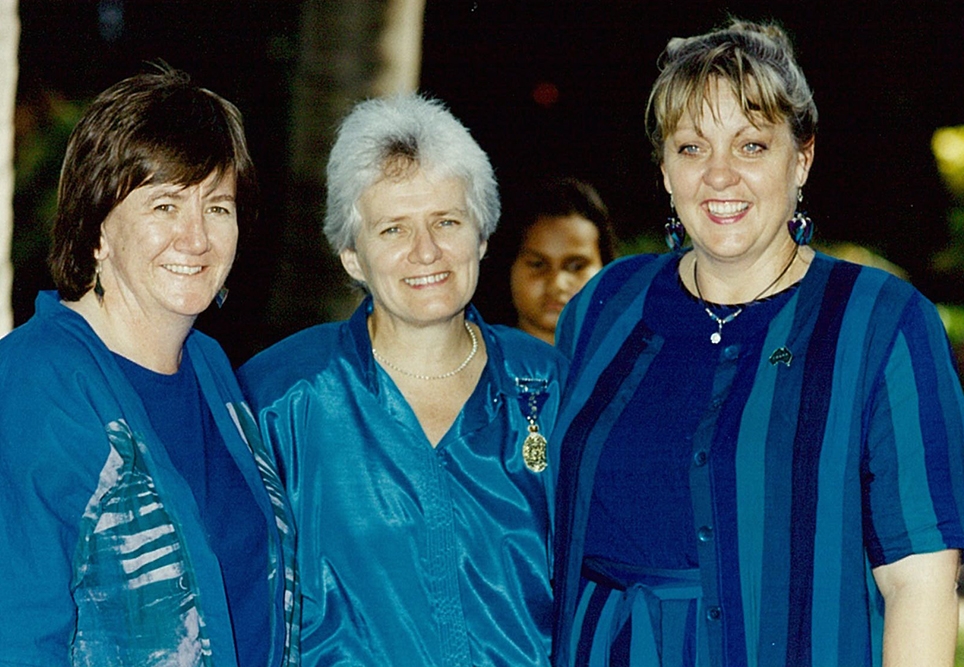
“It involved swabbing all the children’s throats to find the carriers of group A streptococci – the bacteria that causes rheumatic fever.
“The community was attracted, I’m sure, by the fact that it was Indigenous people who’d worked out what to do,” says Sally, “and they said ‘we’ll give it a go too’.
“After the Aboriginal Health Professionals delivered an extensive education program, the parents got on board and took their asymptomatic-type children to the clinic for a rather painful penicillin injection. There was 99 per cent compliance; the only way for this to happen was for us to listen to the community, which was leading the way.
“During the six years after the program was introduced only one child in Yarrabah contracted rheumatic fever.”
This First Peoples’ success story was an example of the need for Aboriginal communities them- selves to be running these programs, Sally points out. However, what happened later was “a good example of the mainstream health system not valuing or even believing an Aboriginal success”.
The program didn’t get the financial support it needed, it all got too hard, and Aboriginal communities are still trying to work out what to do.
“Sometimes, at the cutting edge, we know that ‘top down’ doesn’t work, but think of the Aboriginal people. They’ve been living with this for more than 200 years.”
Bush nursing 50 years ago
Sally, who spent 25 years as a remote area nurse, headed for the Northern Territory after her nursing training and midwifery studies.
“As far as I know, I never met an Aboriginal person in my childhood and early adulthood in Sydney, but then again, people didn’t identify in those days,” Sally says.
“My interest in Aboriginal culture came from reading. I realised I had so much to learn, so I decided I should get out there, live and work with them and try to listen.
“My very first posting was to a leprosy hospital out of Darwin. I was very lucky to have gone there – as the view of the doctor in charge, John Hargrave, was that, to get on top of leprosy we had to involve the community itself. To train community members was the way to go, he said, and he called them ‘paramedical workers’.
“That was in 1969, before Aboriginal Health Professionals were thought about.”
While working in Queensland in the 1980s, Sally was asked to help write a course, initiated by Aboriginal activists in Cairns, to train Aboriginal Health Workers. Queensland was the last State in Australia to introduce formal education for Aboriginal Health Workers.
In the 1990s, Sally relocated to Alice Springs where some community members were writing a course to prepare health professionals to work appropriately within their communities in Central Australia.
She was already a co-author of Binan Goonj, first published in 1992, now in its 3rd edition, and still used by universities in their training of health professionals. Binan Goonj translates into “I know you hear me but you’re not listening.” The subtitle is “Bridging Cultures in Aboriginal Health.”
And that dream of a postgraduate certificate in Remote Area Nursing? It finally came to fruition, with Sally again invited to be involved in the course design.
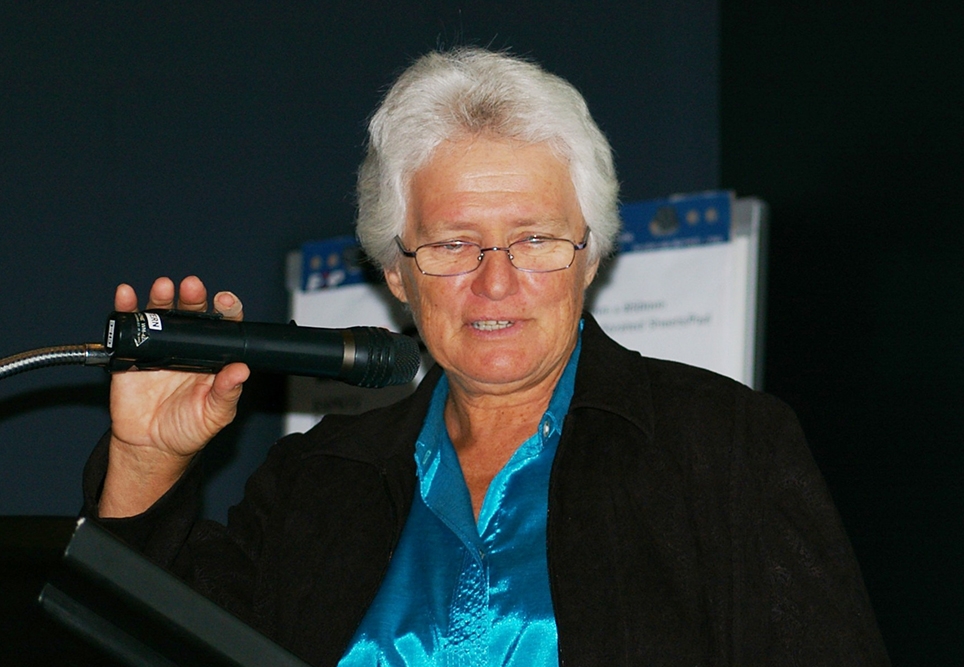
Defining Primary Health Care
Sally would like to see the meaning of ‘primary health care’ in Australia revert to the definition set by the World Health Organisation (WHO) in the 1980s.
“Primary health care used to mean essential health care provided for the people, by the people and underlying that tenet was social justice, equality and self-reliance,” she says.
“In Australia, however, in the health sector generally, the easier way out is taken, and they talk about primary health care as ‘the first point of contact.’ Of course that is important, but the WHO definition is broader and talks about how we deliver health care rather than what.
“CRANAplus has tremendous courses to improve clinical skills which of course are very necessary. However, more important, in my view, is knowing how to be a health professional who is not adding to the power imbalance that is largely responsible for poor health.”
The following quotation from the guide- lines of TANU, the National Movement of Tanzania 1971, encapsulates the principles of primary health care, says Sally.
Any action that gives people more control of their own affairs is an action for development even if it does not offer them better health or more bread.
Any action that reduces their say in determining their own affairs or running their own lives is not development and retards them, even if the action brings them a little better health and a little more bread.
